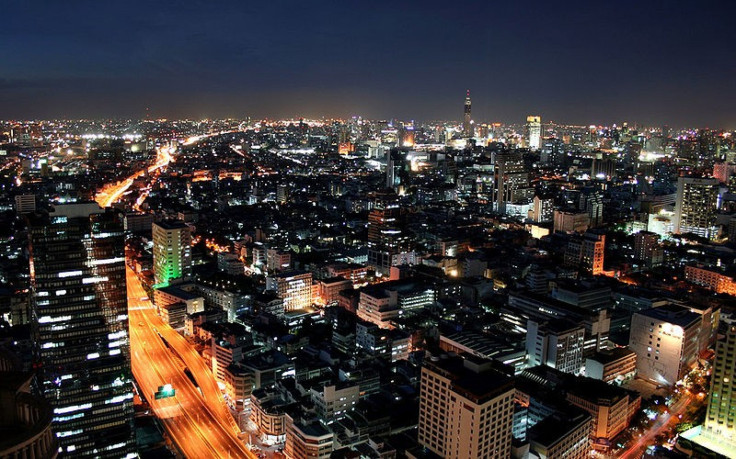Thailand's Consumer Price Inflation Rises To 3.63% In December

Thailand's consumer price inflation rose at a higher rate than expected in December, indicating that the country’s inflationary pressures continue to increase, harming prospects for further loosening of monetary policy.
According to data released Wednesday by Thailand’s Ministry of Commerce, the country’s CPI, which measures the change in the price of goods and services from the perspective of the consumer, rose 3.63 percent in December from 2.74 percent in November. Analysts were expecting that the CPI, which is a key measure of changes in purchasing trends and inflation, would rise 3.23 percent.
This report comes after it was revealed last week that Thailand’s industrial output grew more than expected in November compared with that in the same month last year, which was dramatically hampered by floods. According to the data released last week by the Office of Industrial Economics of Thailand, the country’s industrial production index, which measures the change in the total inflation-adjusted value of output produced by manufacturers, mines and utilities, rose 83.3 percent, to 189.11 in November, from a revised 36 percent in October.
However, it was reported in November that Thailand’s economic growth slowed in the third quarter, compared with that in the previous quarter. The data published November by the National Statistical Office of Thailand showed that the country’s gross domestic product, which measures the annualized change in the inflation-adjusted value of all goods and services produced by the economy, grew 3 percent in the quarter ending Sept. 30, compared with that in the same period last year, down from a 4.4 percent increase in the second quarter.
The Bank of Thailand (BoT) has already noted that the downside risks to the global economy remained a key concern for Thailand’s central bank. While recent monetary policy easing measures among major economies bolstered the financial markets, the BoT viewed the global economic outlook as weak.
Considering that Thailand’s export-led growth model has been affected by the global economy, it can be expected that the BoT will further cut its policy rate in 2013. However, the rising inflation can be a major obstacle. Policymakers will soon have to make clear their stance on whether they will give priority for pro-growth measures or take steps to control inflation.
© Copyright IBTimes 2024. All rights reserved.











